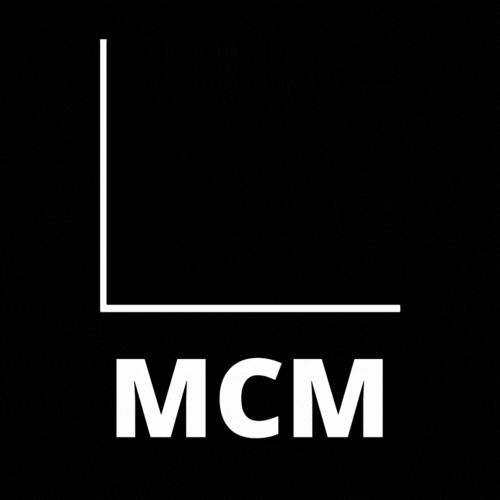Risks of Home-Based Courses
What are the Risks of Home-Based Courses in 2024? In today’s digital age, the appeal of home-based courses is undeniable. They promise convenience, flexibility, and a gateway to new career opportunities—all from the comfort of your own home. But as you hover over the ‘enroll now’ button, it’s crucial to pause and consider the potential pitfalls that could derail your dreams of easy home earnings. In this deep dive, we’ll explore the risks associated with home-based courses and provide practical tips to navigate these waters safely.
Understanding the Financial Risks
When embarking on any educational endeavor, one of the primary considerations is cost. Home-based courses can range from free to several thousand dollars, and while investing in your education is commendable, it’s vital to assess the value and ROI of the course. Some courses might require additional expenditures on software, tools, or subscription services which aren’t apparent at first glance.
The risk of not achieving a return on your investment is real, especially in fields that are oversaturated or have low entry barriers. To mitigate these financial risks, conduct thorough research before enrollment. Check employment rates and potential earnings in your chosen field and compare them with the cost of the course. Seek out programs that offer trial periods or free introductory courses to gauge the content’s quality before committing financially.
Navigating Market Saturation and Employment Uncertainty
Choosing the right field of study is more than just following your passion. Market saturation can be a critical hurdle, as emerging trends lead to a glut of professionals with similar qualifications. For example, while digital marketing skills are in high demand, the sheer number of people pursuing digital marketing courses means that not everyone finds immediate employment or lucrative freelance opportunities.
To avoid this trap, look for courses that offer unique, niche skills or those that certify you in specialized areas where the competition might be less fierce. Always update your skills to keep up with market demands, ensuring your qualifications remain relevant and desirable.
Quality and Accreditation Concerns
Not all courses are created equal. The internet is awash with options, ranging from prestigious universities offering remote learning to unknown providers that may promise more than they deliver. A significant risk here lies in enrolling in courses that lack proper accreditation or fail to provide industry-recognized certifications. This can severely limit your job prospects or your ability to command a higher salary.
Always verify the accreditation of the institution or platform offering the course. Check for reviews and testimonials from former students to ensure the course’s quality and effectiveness. Investing in courses from established, reputable educational institutions can safeguard you against this risk.
Long-Term Viability of Skills Acquired
In fast-evolving industries, particularly in technology and digital services, there’s a genuine risk that the skills you learn today might become obsolete tomorrow. The rapid pace of change can render your hard-earned knowledge less relevant, which might require additional training or re-skilling to stay competitive.
When choosing a course, consider the long-term trends in the industry. Opt for programs that emphasize foundational skills that are less likely to become outdated, or those that provide ongoing learning opportunities to keep up with new developments.
Mitigating Risks: Steps to Ensure Success

The journey to a successful career through home-based courses isn’t without its challenges, but with strategic planning, the risks can be significantly mitigated. Here are some key strategies:
- Research Thoroughly: Before committing time and money, thoroughly investigate the course provider, the curriculum offered, and the potential career pathways.
- Seek Recommendations: Talk to industry professionals or former students to get insider insights into the course and its real-world applicability.
- Start Small: If possible, begin with a smaller, less expensive course to evaluate the quality and your interest level before progressing to more advanced or costly programs.
- Check for Support Services: Ensure the course offers adequate student support, including tutoring, career advice, and technical assistance.
- Prepare Financially: Understand all costs upfront and prepare for additional expenses. Look for courses with money-back guarantees or satisfaction policies.
Final Thoughts: Balancing Risk with Opportunity
While the risks associated with home-based courses are non-negligible, they shouldn’t deter you from pursuing your educational and professional goals. With careful planning, thorough research, and a proactive approach to your learning journey, you can minimize these risks and maximize the benefits. Home-based courses offer a flexible and often effective route to career advancement—as long as you step into the arena fully informed and strategically prepared.
Remember, knowledge is power, but the right knowledge is unstoppable. Choose wisely, learn eagerly, and let your home-based studies propel you toward success. Here’s to making informed choices and overcoming obstacles—one lesson at a time.



